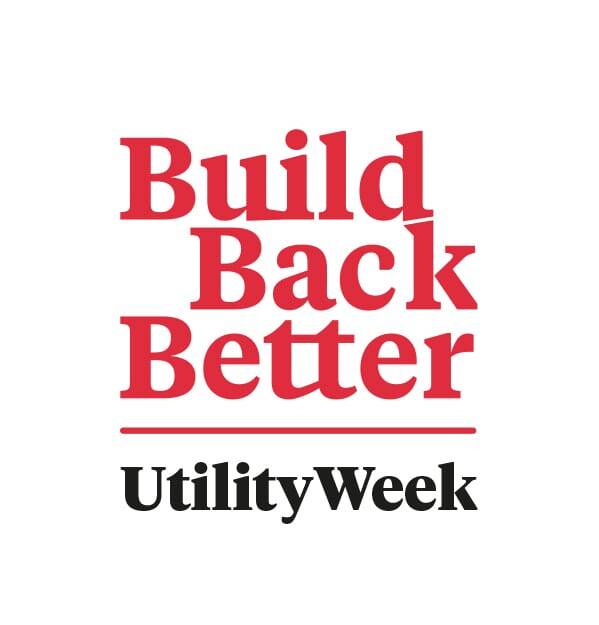This is the Sponsored paywall logged out
Kwasi Kwarteng has rebutted suggestions that investors will be put off UK energy infrastructure by Ofgem’s drive to curb network returns.
 Following his keynote address at Utility Week’s Build Back Better Forum this afternoon (20 October), the energy minister was quizzed on concerns that Ofgem’s RIIO2 price control review is not offering sufficient returns to incentivise future investment in the UK’s gas and electricity networks.
Following his keynote address at Utility Week’s Build Back Better Forum this afternoon (20 October), the energy minister was quizzed on concerns that Ofgem’s RIIO2 price control review is not offering sufficient returns to incentivise future investment in the UK’s gas and electricity networks.
He said “I don’t agree that we don’t have the means to attract that investment.
“I am confident they (Ofgem) will reach a settlement where we can attract capital.
“If you look at the last ten years, nobody thought we would get where we are today. Costs have fallen much faster and steeper than anyone thought.
“I don’t think the investment proposition is unattractive, it is actually very attractive and people will continue to invest in UK offshore wind because we have the rules and regulation and structures. I don’t see the problem.”
Kwarteng also told Utility Week that the government is “absolutely” committed to giving local authorities more powers to help enable the transition to net-zero emissions.
He said: “We won’t get to net zero simply through government action. The only way to get to net zero is through buy-in across society.
“It requires a degree of local devolution to come together to reach the goals we want to see. I don’t see a conflict between national infrastructure policy and enthusiasm of local government and people on the ground.”
The minister added that the public, particularly younger people, increasingly see decarbonisation as a source of economic opportunities, rather than a cost to society.
In his address, Kwarteng said heavy investment in large-scale battery and storage technologies will enable the UK to retain much of the capacity generated by offshore wind farms.
And the government hopes to quadruple employment in green economy jobs by the end of the current decade, he said:
“Today we have 460,000 jobs in the green economy, we hope to reach two million by 2030. The next ten years will be critical.”




Please login or Register to leave a comment.